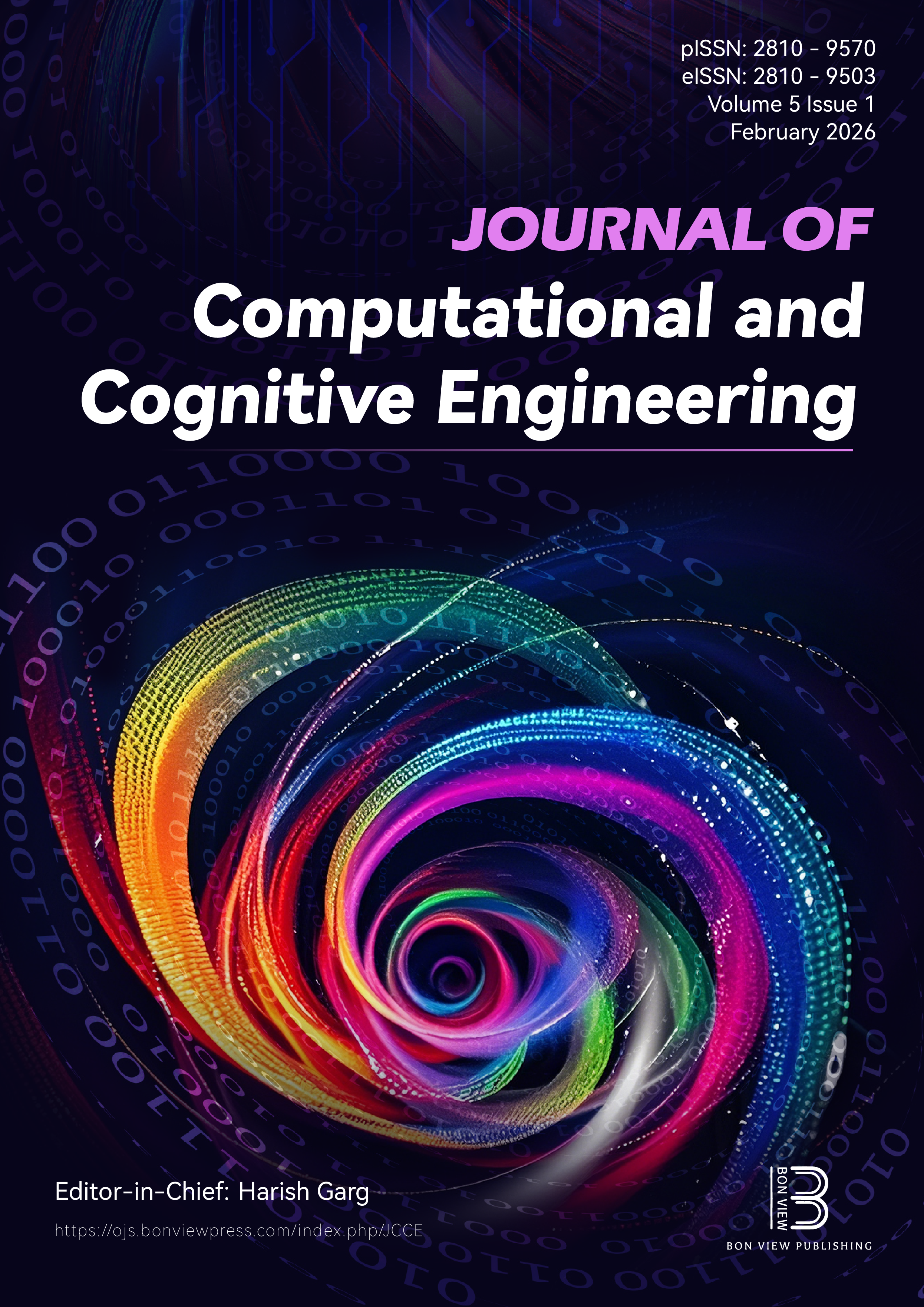Optimizing Software Fault Prediction Using Atomic Orbital Search for Sustainable Software Development
DOI:
https://doi.org/10.47852/bonviewJCCE52024884Keywords:
software fault prediction (SFP), sustainable software development (SSD), atomic orbital search (AOS), feature selection (FS), area under the receiver operating characteristic (ROC) curve (AUC), sustainable development goal 12 (SDG 12)Abstract
Software fault prediction (SFP) refers to the early identification of faults that can pose significant challenges to sustainable software development (SSD) goals, primarily through resource waste, increased energy consumption, and extended development cycles. SFP allows testing efforts to focus on fixing issues before they escalate, minimizing wasted time and effort. SFP models facilitate high-quality end-products with reduced environmental impact and optimal resource utilization by enabling organizations to minimize failures and align their software development efforts with sustainability objectives. Machine learning-based predictors are skyrocketing in the SFP domain. This work proposes the optimization of the AdaBoost SFP model through the selection of optimal feature subsets using the atomic orbital search (AOS) algorithm to enhance SSD. The proposed model improves the performance of the AdaBoost-based SFP, having an area under the receiver operating characteristic (ROC) curve (AUC) of 83.56% by 8.85% on average. The impact of AOS on the SFP is assessed by making a comparison with four other optimization algorithms over 10 public datasets, and empirical metrics such as accuracy and AUC are utilized. The experimental findings embark on the usefulness of the proposed SFP model as it brings about an AUC improvement of 6.8%, 2.6%, 5.02%, and 3.6% and an accuracy raise of 7.7%, 4.7%, 5.8%, and 4.2% for whale optimization algorithm, particle swarm optimization, FireFly, and sine cosine, respectively. The statistical validation of the work upholds the proposed SFP model for the improvement in software quality to achieve more sustainable practices in the software industry.
Received: 22 November 2024 | Revised: 7 February 2025 | Accepted: 25 February 2025
Conflicts of Interest
The authors declare that they have no conflicts of interest to this work.
Data Availability Statement
The data that support the findings of this study are openly available in GitHub at https://github.com/feiwww/PROMISE-backup/tree/master/bug-data. The data that support the findings of this study are openly available in the GitHub at https://github.com/ApoorvaKrisna/NASA-promise-dataset-repository.
Author Contribution Statement
Somya Rakesh Goyal: Conceptualization, Methodology, Validation, Formal analysis, Writing – original draft, Writing – review & editing, Visualization, Funding acquisition, Project administration. Sunil Kumar: Conceptualization, Writing – review & editing, Visualization.
Downloads
Published
Issue
Section
License
Copyright (c) 2025 Authors

This work is licensed under a Creative Commons Attribution 4.0 International License.


